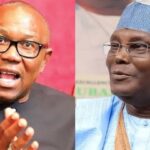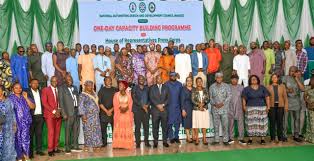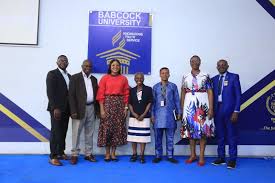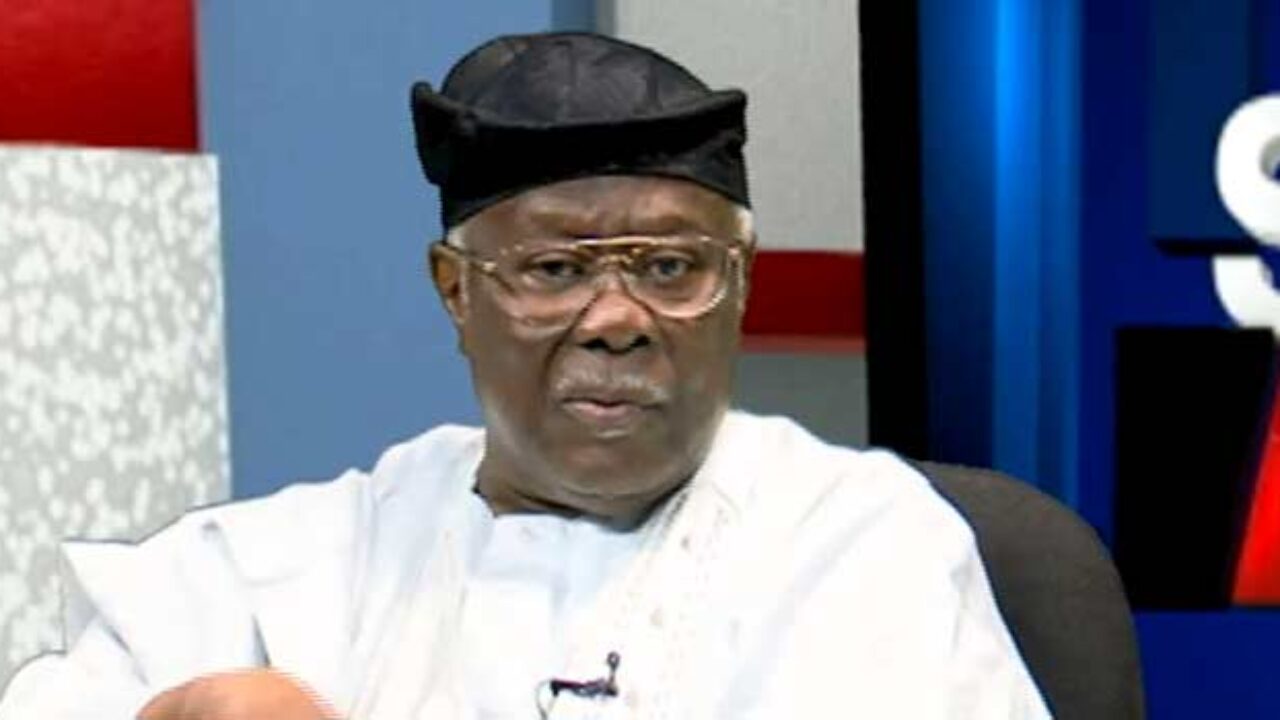Issues as Reps open yet another constitution review hearing

Issues are being raised as the House of Representatives recently opened yet another constitution review hearing, an exercise that has become customary for the parliament since the return of democratic rule in the country in 1999.
For 26 years, lawmakers have continued to promise to deliver “the people’s constitution,” as billions of naira get drained into zonal hearings, retreats, printing of compendiums and media campaigns, but the outcomes have always fallen short of the people’s expectations.
The 4th National Assembly initiated the first review in 2000. Since then, the process has been repeated at least five times.
The 7th Assembly (2011–2015) alone reportedly spent over N1 billion on its review exercise, which included public hearings, retreats in luxury hotels and international study tours.
Most of its proposed amendments were either rejected by the presidency or stalled in state assemblies.
The 8th Assembly (2015–2019) was not different. Despite consuming huge sums, many of its proposals, including devolution of powers and independent candidacy, died naturally.
The 9th Assembly, under the then Speaker, Femi Gbajabiamila, also pursued reforms again at enormous cost.
Now, in 2025, the 10th Assembly under Speaker Tajudeen Abbas has continued with the periodic ritual, prompting questions from Nigerians as to what cost, and to what end.
At the recent declaration of another round of hearing in Abuja, the Deputy Speaker, Benjamin Kalu, who chairs the House Committee on Constitution Review, revealed that his committee has received 87 amendment bills covering issues from electoral reforms and local government autonomy to reserved seats for women and recognition of traditional rulers.
The committee has already conducted zonal hearings across the six geopolitical zones, published compendiums of bills, and opened online feedback portals.
While these steps look participatory, they are expensive, fuelling concerns that constitutional review has become more about budgetary allocations than genuine reform.
Nigeria’s pressing problems are not constitutional but political and economic. With inflation above 30 percent, unemployment biting hard and states owing salaries, spending billions on yet another round of reviews appears insensitive to the plight of the people.
“Constitutional reform is important, but it cannot be an endless project that gulps scarce resources,” said Dr. Terlumun Upaav, a governance analyst.
He added, “What Nigerians need is leadership that implements existing laws, not committees that waste money rewriting them.”
The continued recycling of the constitution review exercise by every new Assembly is clearly a conduit pipe to feast on public funds and not necessarily in public interest, as each cycle consumes money that could be spent on healthcare, education or infrastructure, given that there is little accountability for how much is spent or how little is achieved.
Past reviews have been riddled with stories of lawmakers and committee members attending multiple retreats in luxury hotels within and outside Nigeria.
Millions are spent on logistics, honoraria, flights and allowances, with the exercise seen by many as an opportunity to feast on the national cake.
Meanwhile, proposals such as local government autonomy, repeatedly endorsed by Nigerians, are consistently blocked by governors who fear losing control over local government council funds.
If the people’s will is always sacrificed at the altar of politics, one wonders why they keep spending money pretending otherwise.
Proposals like reserved seats for women and representation for persons with disabilities are laudable but seen by many as mere cosmetics.
Records show that Nigeria’s legislature has one of the lowest rates of female representation globally, with arguments that unless the political elite are serious about dismantling the obvious bottlenecks, the amendments may remain paper promises.
“Every Assembly uses gender inclusion as a selling point,” said Elizabeth Bwala, a women’s rights activist in Abuja. “But when it comes to actual implementation, the enthusiasm evaporates.”
The proposal to formally recognise traditional rulers is another recurring theme.
While they are acknowledged as community stabilisers, previous reviews have struggled to define their constitutional role without undermining Nigeria’s republican framework. That issue too has consumed millions in debates over the years without resolution.
Despite lawmakers’ claims of inclusivity, many Nigerians feel disconnected from the process, as public hearings are often dominated by elite voices while grassroots citizens remain unheard.
“The process is elite driven, not people’s,” said a youth activist from Kaduna who attended the North-West zonal hearing. “Ordinary Nigerians hardly have access or influence.”
Even if the House and Senate approve amendments, they still require concurrence from 24 state assemblies.
With governors wielding overwhelming influence over state lawmakers, proposals like local government autonomy, crucial for grassroots development, always die at this stage.
Speaker Abbas has promised that this review will be different, timely, decisive and people driven, insisting that the House will transmit approved bills promptly to the states to avoid delays.
Kalu also pledged transparency and accountability, promising to publish the harmonised position of the National Assembly before the final vote.
But Nigerians have heard such promises before and cannot take the assurances hook, line and sinker.
At a time when federal universities are underfunded, hospitals lack basic equipment, and roads remain death traps, many Nigerians wonder whether the billions earmarked for another constitutional review could not be better spent.
“Is the problem the Constitution or our leaders’ refusal to obey it?” asked a Benue-based lawyer, Jerry Uwua. “The Constitution already guarantees free education and healthcare, but leaders ignore it. Will rewriting it force them to change?”
The biggest beneficiaries of constitutional reviews, Uwua insists, are lawmakers themselves through allowances, contracts and publicity, with the masses remaining on the sidelines.
There are fears that many of the 87 bills are dead on arrival and, for ordinary citizens, trust in the process is eroding, given that lawmakers are more interested in appearances than results.
Lawmakers like Abbas and Kalu insist they are writing history. But unless the process produces real change and not just another round of empty promises, it risks being remembered as yet another expensive distraction in a country drowning in high-level poverty and illiteracy.










